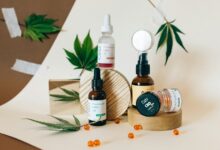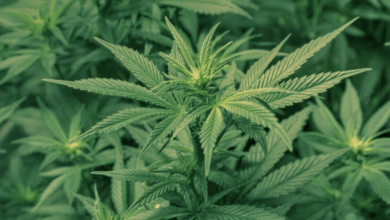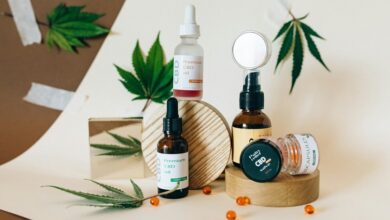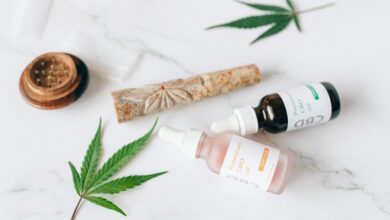Does Cbd Pop on a Drug Test
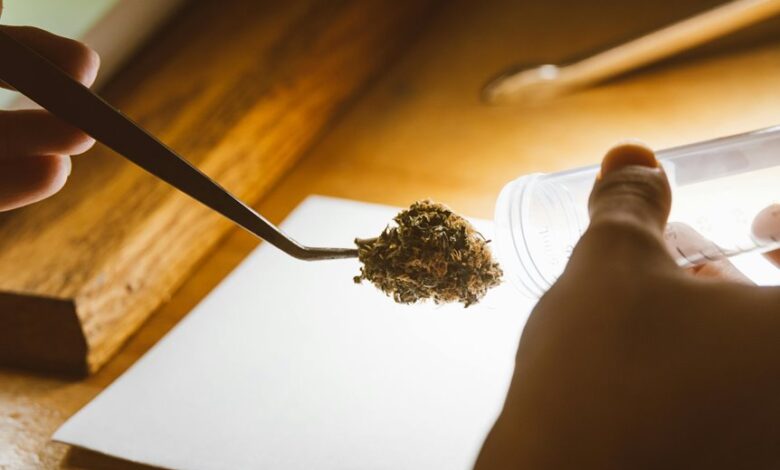
The relationship between CBD and drug testing raises important questions for users. While CBD itself is not typically detected, full spectrum products contain THC, which can lead to positive results. Understanding how drug tests work and the different types of CBD products is crucial for anyone concerned about their results. What factors should users consider to minimize risk? Exploring these aspects can provide clarity.
Understanding CBD and THC: The Key Differences
Although both CBD (cannabidiol) and THC (tetrahydrocannabinol) are compounds derived from the cannabis plant, their effects and legal status differ significantly.
CBD benefits include potential relief from anxiety, pain, and inflammation without psychoactive effects.
In contrast, THC effects can include euphoria and altered mental states, leading to stricter regulations in many regions.
Understanding these differences is essential for informed choices regarding cannabis use.
How Drug Tests Detect THC
Drug tests primarily target THC due to its psychoactive properties and legal restrictions.
Various drug test methods, including urine, blood, and hair analysis, detect THC metabolites, which are byproducts of THC breakdown in the body.
These metabolites can remain detectable for days or even weeks, depending on frequency of use and individual metabolism, leading to potential implications for those who consume cannabis products.
Types of CBD Products and Their THC Content
While many consumers turn to CBD for its potential health benefits, understanding the various types of CBD products and their THC content is crucial for making informed choices.
Full spectrum CBD contains all cannabinoids, including up to 0.3% THC, while broad spectrum CBD offers a THC-free option, preserving other beneficial compounds.
Consumers should weigh these differences when selecting products to suit their needs.
Tips for Avoiding Positive Drug Test Results
To minimize the risk of a positive drug test result, individuals using CBD products should take several precautions.
Employing effective testing strategies, such as researching testing methods and timing, is crucial.
Furthermore, careful product selection is essential; opting for broad-spectrum or CBD isolate products can reduce THC exposure.
Always verify third-party lab results to ensure products meet desired safety and compliance standards.
Conclusion
In conclusion, while CBD itself typically evades detection in drug tests, the presence of THC in full spectrum products can lead to unexpected outcomes. To navigate this potential minefield, consumers should be vigilant, opting for broad spectrum or CBD isolate options that are free of THC. Ultimately, understanding product labels and seeking third-party testing is akin to having a compass in uncharted waters, guiding individuals safely through the complexities of CBD use and drug testing.


